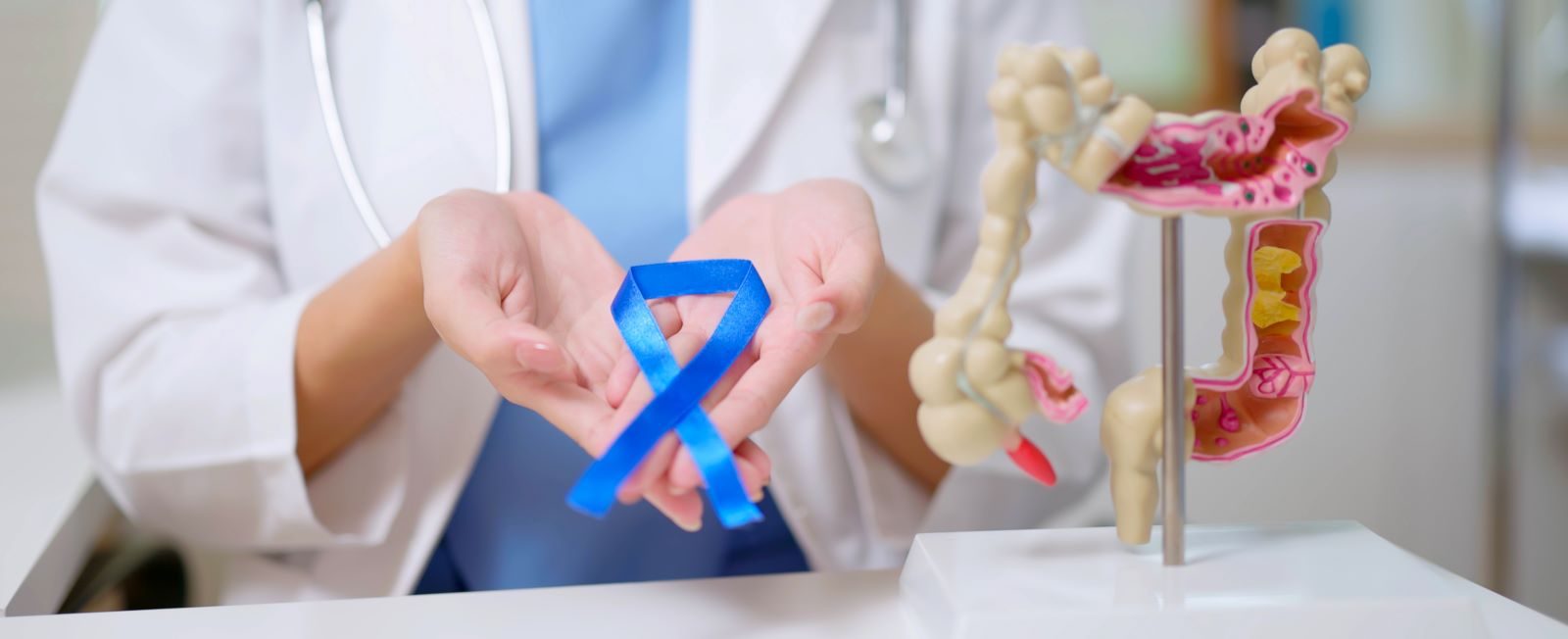<< Back
This Disease Puts You at a Higher Risk for Colon Cancer

June 06, 2023
People with inflammatory bowel disease (IBD) – including ulcerative colitis and Crohn’s disease – are at twice the risk of developing colon cancer.
But what’s the connection? And can anything be done?
We asked a gastroenterologist to walk us through it.
Here’s how it works.
“We know that chronic colitis is associated with an increased risk of dysplasia, or precancerous changes in the colon,” says gastroenterologist Philip M. Ginsburg, MD.
“It’s well recognized that that risk is dependent on several factors, including the extent, severity and duration of the chronic inflammation.”
And while there are lifestyle changes that can help you with inflammatory bowel disease, there aren’t such proactive measures to prevent colon cancer.
> Related: Are These 5 Myths Keeping You From a Colonoscopy?
But there are some options available.
What those people can do is have their colonoscopies when their doctor tells them to. And if they smoke, quit.
Additionally, “there are certain patient populations that are at exceptionally high risk,” he adds. These include those with primary sclerosing cholangitis (PSC), a chronic liver disease. Many people with PSC also have IBD.
“For those reasons, we pursue a thoughtful and conservative dysplasia surveillance strategy in our patients with chronic colitis.” In some cases that can mean an annual colonoscopy, he explains. The guideline is for colonoscopies to begin eight years from the onset of IBD symptoms, regardless of your age.
Some types of colonoscopy for high risk patients can give doctors an even better look. One is chromoendoscopy, which uses stains or dyes to locate cancerous spots.
“It’s all about early detection,” he says. “The most important message that we can share is: get your colonoscopy.”